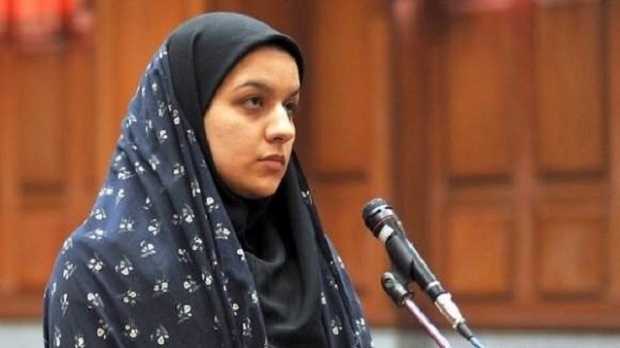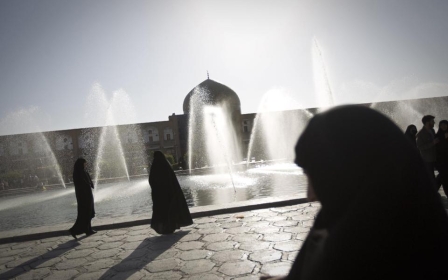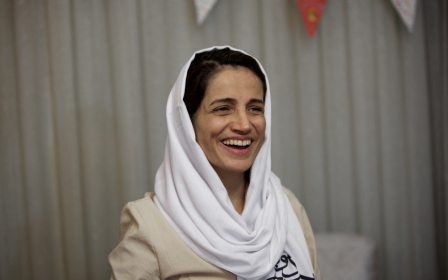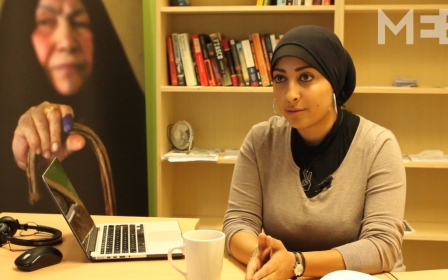Emotional last letter of hanged Reyhaneh Jabbari revealed in message to mother

Ahmed Shaheed, the UN rights rapporteur for Iran, told journalists in New York on Monday there had been a "surge in executions" which has given Iran the world's highest death penalty rate per capita.
The rapporteur said he was "shocked" by the hanging of 26-year-old Jabbari and explained he had repeatedly raised questions with Tehran about the fairness of her trial.
The surge in executions shows that Rouhani has failed to deliver on campaign promises to improve the human rights situation in his country, a year after taking office, he said.
"He is unable to address the issues, unable to arrest this trend, to convert his promises which spoke to arresting this trend into action," said Shaheed.
The rapporteur suggested that Rouhani lacked political backing, in particular from parliament, to advance his rights agenda.
In his report to the 193-nation UN General Assembly, Shaheed also raised concerns over freedom of the press, noting that 35 journalists are currently behind bars in Iran.
At least 300 people are in prison for their religious practices including 120 Bahais and 49 Christians.
The report also touched on a drop in the number of women enrolled at universities, from 62 percent in 2008 to 48 percent last year.
A UN General Assembly is expected next month to vote on a draft resolution put forward by Canada and other nations condemning rights abuses in Iran.
New MEE newsletter: Jerusalem Dispatch
Sign up to get the latest insights and analysis on Israel-Palestine, alongside Turkey Unpacked and other MEE newsletters
Middle East Eye delivers independent and unrivalled coverage and analysis of the Middle East, North Africa and beyond. To learn more about republishing this content and the associated fees, please fill out this form. More about MEE can be found here.




